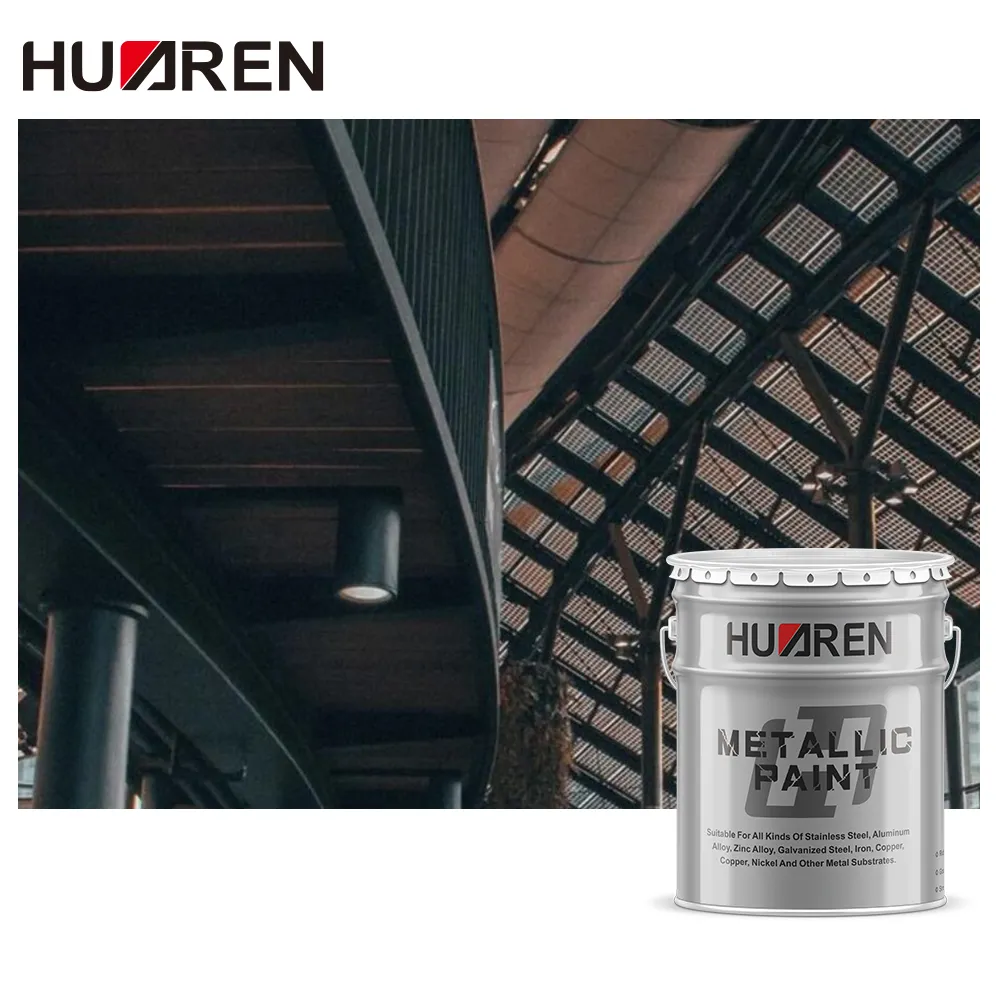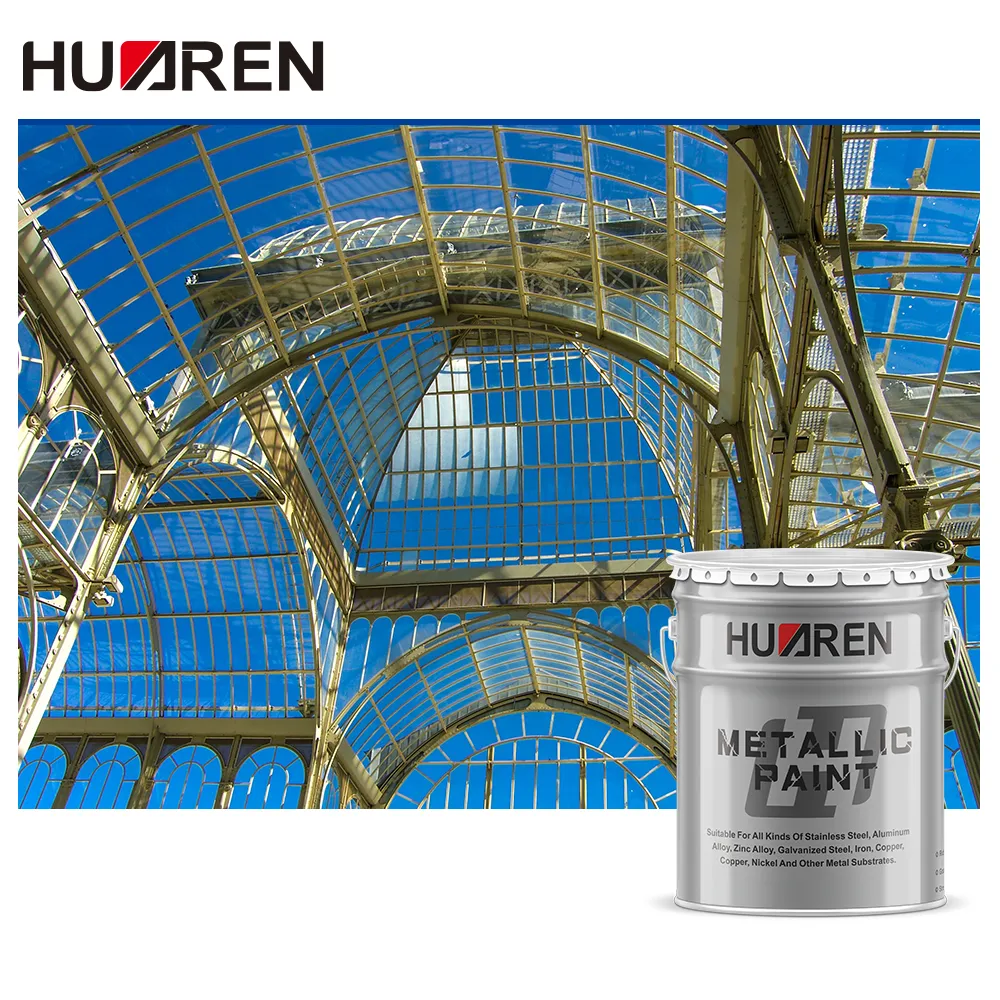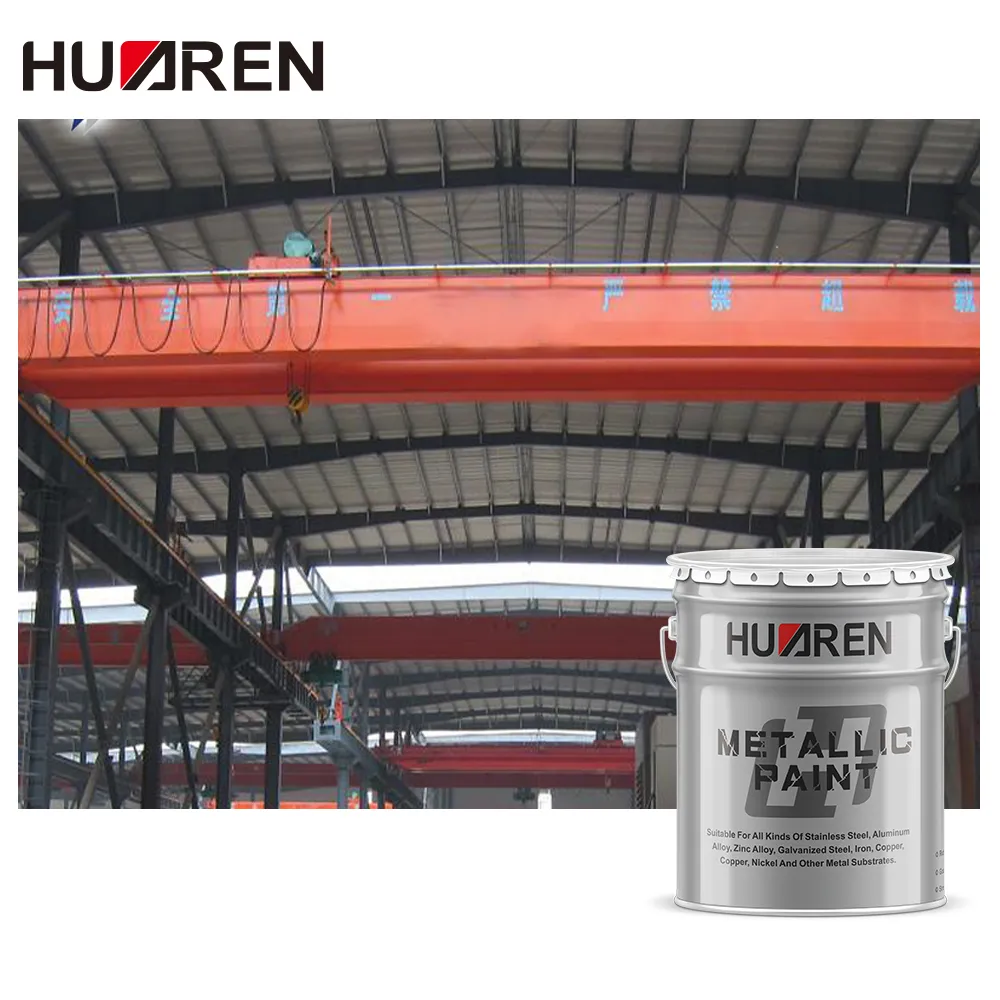Applying primer to metal surfaces is a common practice for corrosion protection, especially in harsh environmental conditions where metals need multiple layers of protection to prevent rust. However, a question that is often asked is: "Will metal rust through primer?" This question is not only about the effectiveness of metal protection, but also about the understanding of construction personnel, architects and metal users on the selection and application of anti-corrosion coatings.
This article will take a deep look at the reasons why metal will rust through primer, the anti-corrosion principles of primers, and how to better protect metal from corrosion.

What is primer?
Before answering the question of whether metal will rust through primer, you first need to understand the role of primer and how it works with metal surfaces to protect them. Primer is a coating applied to the surface of bare metal or other materials. It has three main purposes:
1. Enhance adhesion: Primer can promote the bonding between subsequent coatings (such as topcoat) and metal, preventing the topcoat from peeling or blistering.
2. Seal the surface: Primer can fill the tiny pores on the metal surface, reducing the chance of moisture, oxygen and other corrosive substances entering the metal.
3. Provide basic protection: The chemical composition of primers usually contains anti-corrosion ingredients, which can provide a basic layer of anti-oxidation protection for metals and prevent them from contacting with moisture and oxygen in the environment.
Based on the above functions, primers are the first line of defense in metal anti-rust systems. However, despite the protection provided by primers, metals may still rust in some cases.
What causes metal rust?
Metals, especially iron and steel, will undergo oxidation reactions when exposed to air and water to form rust (iron oxide). This corrosion reaction is caused by the contact of oxygen and moisture with the metal surface, and moisture can be humidity in the air, rain, or even condensation.
The basic chemical reaction of metal rust is as follows:
4Fe+3O+6HO→4Fe(OH)
This reaction shows that when iron comes into contact with oxygen and water in the air, it will oxidize into iron hydroxide (rust), gradually weakening the strength and structural integrity of the metal. To prevent this from happening, people usually apply protective coatings such as primers and topcoats to metals.

Can primers completely prevent metal rust?
Primer does play an important role in preventing metal from rusting, but it is not a panacea. Whether metal will rust through the primer depends on several factors, including the type of primer, the construction process, the environmental conditions, and the characteristics of the metal itself.
Types of primers
There are many types of primers, and each type has different anti-corrosion effects. Common anti-corrosion primers include:
● Alkyd primers: Alkyd primers are widely used in industrial and construction fields for the initial protection of metals. However, in extremely humid or salt spray environments, the anti-rust effect of alkyd primers is limited.
● Epoxy primers: Epoxy primers are widely used in heavy industrial occasions due to their excellent chemical resistance and adhesion. The hard coating it forms can effectively block moisture and oxygen, but if the coating is damaged or not completely covered, it may still cause rust problems.
● Zinc powder primer (zinc-rich primer): This primer contains a large amount of zinc powder and has a cathodic protection effect. When there is slight damage on the metal surface, zinc will preferentially oxidize, thereby preventing the formation of rust. This type of primer provides stronger protection, but it does not mean that the metal will not rust at all.
Conclusion: The type of primer directly affects its anti-corrosion effect. Choosing the right primer is an important step to ensure that the metal does not rust.
Primer construction quality
Even if the right primer is selected, if the quality control during the construction process is not in place, the metal may still rust through the primer. Factors affecting construction quality include:
● Surface preparation: Before applying the primer, the metal surface must be cleaned and treated to remove oil, rust and other contaminants. If the metal surface is not thoroughly cleaned, the primer cannot be closely bonded to the metal, resulting in a decrease in the protective effect, and the metal may still rust.
● Coating thickness: The coating thickness of the primer directly affects its protective effect. A coating that is too thin will not provide adequate protection, while a coating that is too thick will crack or peel easily, exposing the metal to air and moisture, increasing the risk of rust.
● Coating uniformity: If the primer is not applied evenly, some metal areas may be exposed, causing these areas to rust first. In addition, defects such as bubbles and cracks in the coating will also weaken the anti-corrosion performance of the primer.
Conclusion: The construction quality of the primer is the key factor in determining whether the metal will rust, especially in harsh environments, where any negligence in construction may lead to anti-corrosion failure.
Environmental conditions
The environment in which the metal is located also has an important impact on the protective ability of the primer. Even if the primer has been applied correctly, the metal may still rust in some harsh environments.
● High humidity environment: Although the primer can isolate moisture to a certain extent, in a continuous high humidity environment, moisture may still gradually penetrate the primer, causing oxidation reactions on the metal surface.
● Salt spray environment: Salt spray environment (such as near the ocean) is extremely corrosive to metals because salt accelerates the process of electrochemical corrosion. Even if an anti-corrosion primer is applied, the metal may still rust due to salt erosion. Therefore, in this environment, it is very important to use special primers that are resistant to salt corrosion, such as zinc-rich primers or epoxy primers.
● Chemical corrosion environment: In some industrial environments, chemicals such as acids, alkalis, and chemical solvents can corrode metals. If the primer does not have sufficient chemical corrosion resistance, the chemicals may penetrate through the coating to the metal surface, causing rust.
Conclusion: Environmental conditions have a decisive influence on metal corrosion protection. When selecting primers, special corrosion factors in the environment should be considered.

How to prevent metal rust to the maximum extent?
To prevent metal from rusting through primers to the maximum extent, the following points are key:
Choose the right primer
According to the environmental conditions in which the metal is used, choose the most suitable anti-corrosion primer. For example, in marine environments, zinc-rich primers and epoxy primers perform better than ordinary alkyd primers. In chemically corrosive environments, chemically resistant primers can provide longer-lasting protection.
Surface preparation
Before applying the primer, thorough surface preparation must be carried out. This usually includes steps such as sandblasting, polishing, and cleaning to remove rust, dirt and other contaminants on the surface and ensure that the primer can adhere closely to the metal surface.
Ensure the quality of painting
When applying the primer, it is necessary to ensure that the coating is uniform, the thickness is appropriate, and there are no bubbles, cracks or other defects. It is best to use a multi-layer painting method to ensure that the metal surface is fully protected. There should be enough time for the primer to dry and cure between each layer.
Use a topcoat for further protection
Primers provide a base of protection, but in most cases a topcoat is applied over the primer. The topcoat not only provides additional protection against moisture and oxygen, but also enhances the primer’s abrasion and UV resistance, extending the life of the metal.

